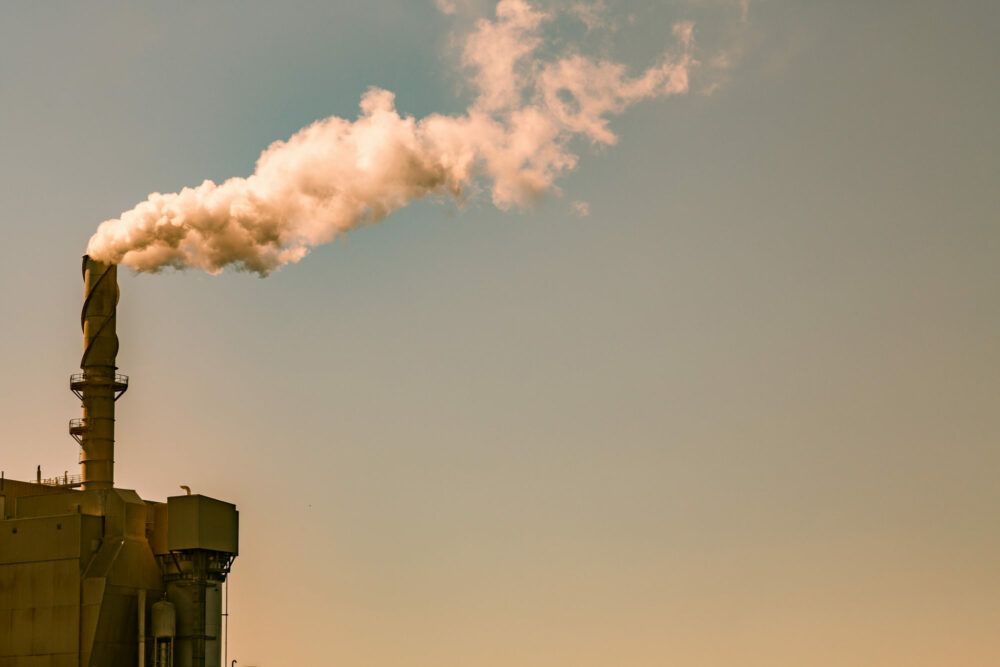The gap is widening between the goal of limiting global warming to no more than 2° Celsius this century and what is realistically achievable, U.N. Environment warned.
Almost 200 nations signed onto the landmark 2015 Paris Agreement on climate change that committed the world to “holding the increase in the global average temperature to well below 2° above pre-industrial levels and pursuing efforts to limit the temperature increase to 1.5° above pre-industrial levels.”







